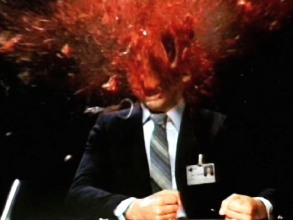
There’s an enormous difference between being unclear—not knowing which step to take—and being uncertain—not knowing what the outcome of taking that step will be. It’s important to recognize whether it’s a lack of clarity or the fear of uncertainty that might be getting in your way.
When your mind is confused at the outset, it’s probably not a good time to act. If you are weighing one action against another and making lists of pros and cons, you’re unclear. As counterintuitive as it may sound, thinking about the situation more or harder won’t make it any clearer. When you’re clear, the path to take is obvious. Only the details remain to be worked out.
But if you’re waiting until you’re certain of the outcome of your action, you will likely never act because the outcome is never certain. We can’t yet predict the future. And why would we want to? As Ursula Le Guin said, “The only thing that makes life possible is permanent, intolerable uncertainty; not knowing what comes next.”
The unconscious part of our brain is biased against uncertainty, and so we are biased against it, too. But trying to avoid uncertainty is tremendously limiting, not to mention a fool’s game.
Certainty itself is an emotional state, not an intellectual one. To create a feeling of certainty, the brain must filter out far more information than it processes, which, of course, greatly increases its already high error rate during emotional arousal. In other words, the more certain you feel, the more likely you are wrong.
Mental focus, the foundation of feelings of certainty, distorts reality by magnifying and amplifying one or two aspects of it while filtering out everything else. You might discover more detail about the one or two aspects you focus on, but what you discover will have no contextual meaning, because you have isolated those aspects from their dynamic interaction with the rest of the reality in which they exist. In other words, focus magnifies things out of proportion and blows them out of context. —Stephen Stosny, Ph.D.
What is certain is settled, known, and impervious to change. Uncertainty may be frightening, but…
Uncertainty is where things happen. It is where the opportunities—for success, for happiness, for really living—are waiting. —Martha Nussbaum



